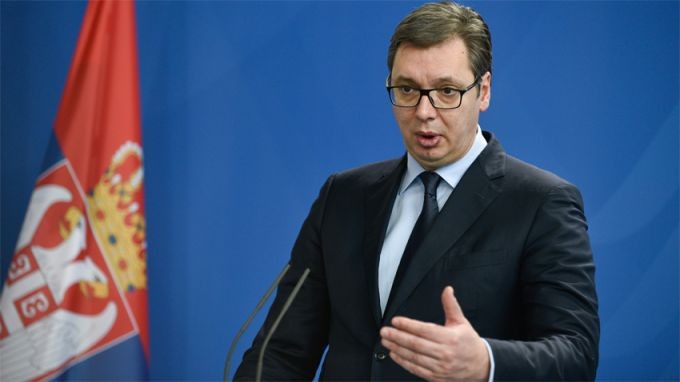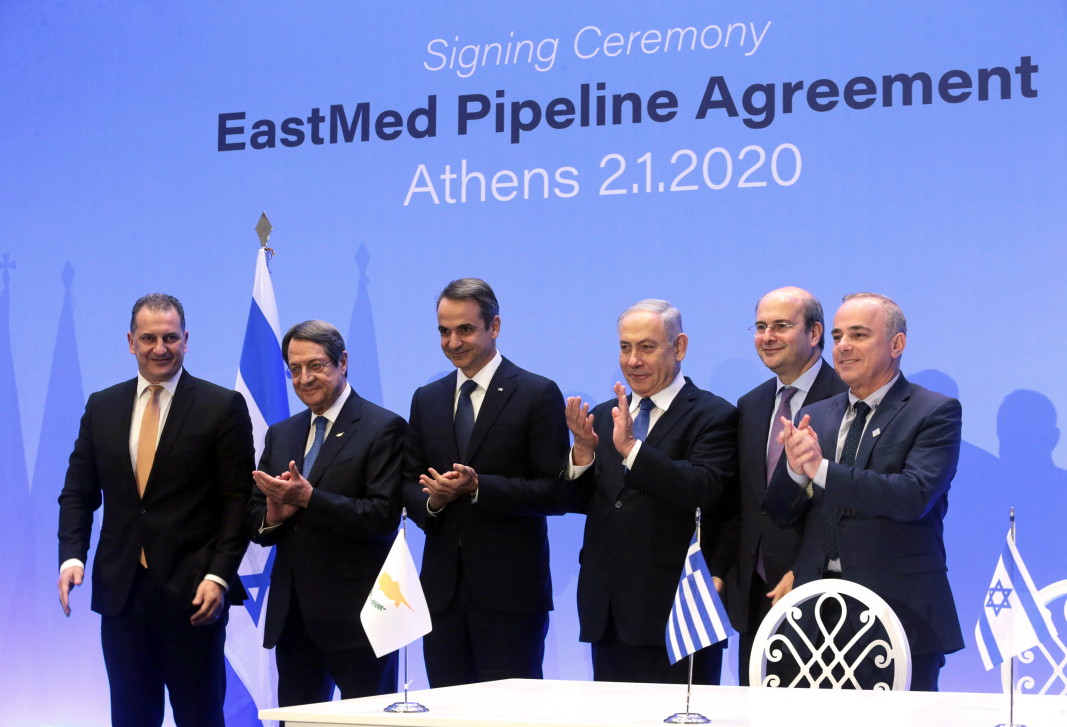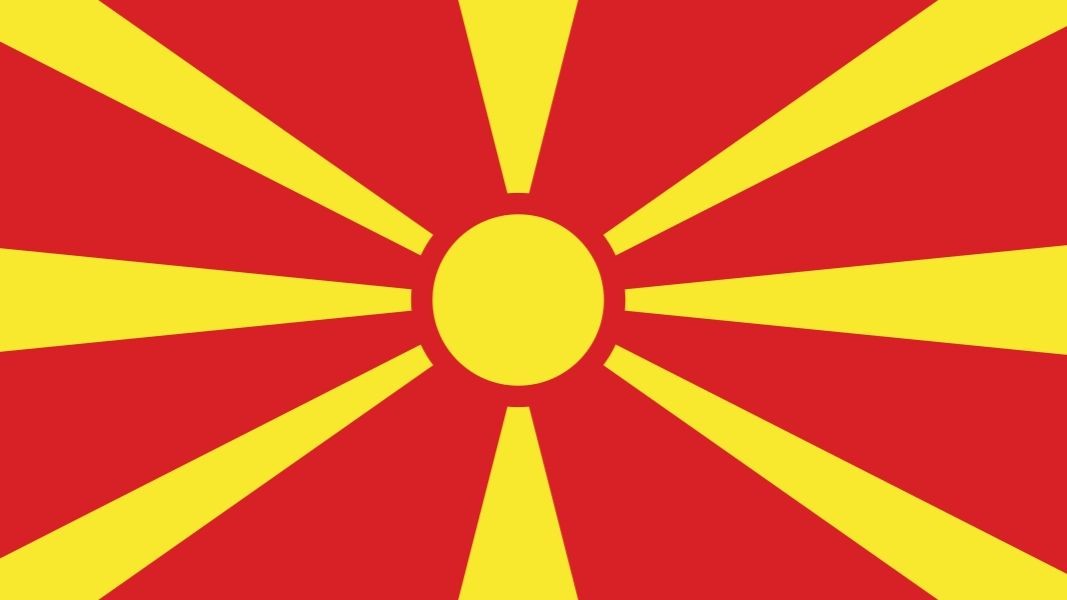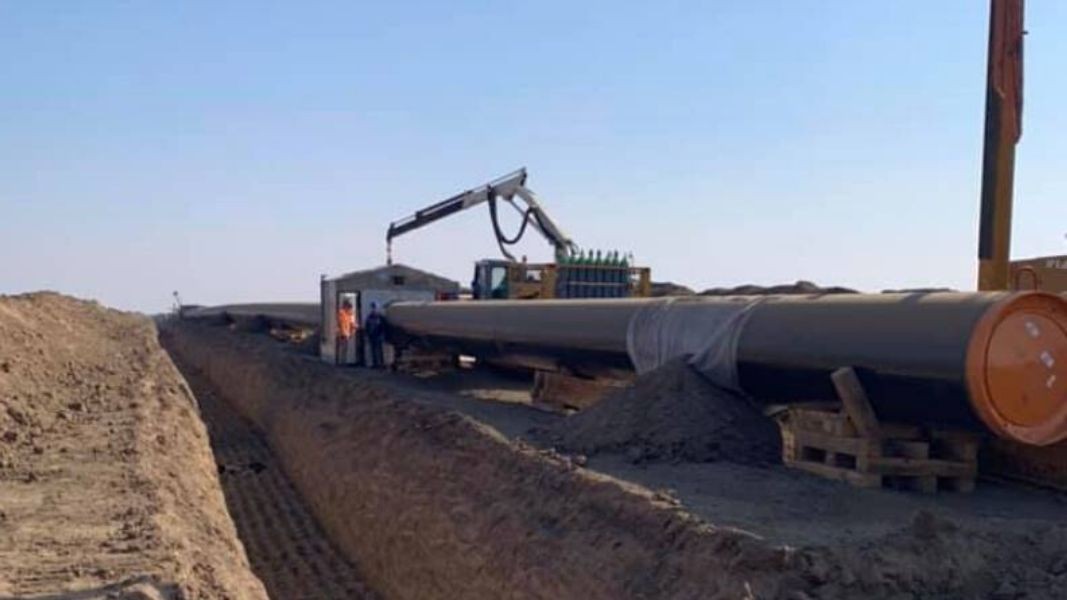Zoran Milanović wins presidential elections in Croatia

The former prime minister of Croatia Zoran Milanović won the second round of the presidential elections in Croatia with almost 53 percent of the vote. Former head of state from the ruling Croatian Democratic Union Kolinda Grabar-Kitarović won 47 percent of the votes.
53-year old Milanović is a lawyer and diplomat, and prime minister of the country from 2011 until 2016. In the first round of the presidential elections on 22 December he won one-third of the votes. Kitarović failed to rally right-wing votes and did not get the support of independent nationalist Miroslav Škoro who dropped out of the race. Croatia currently holds the Presidency of the Council of the European Union and the vote is regarded as a test for the regular general elections due in the country at the end of 2020.
Serbia’s President Vučić says he will not be visiting Montenegro for Old Christmas Day

Serbia’s President Aleksandar Vučić stated, after a meeting with Patriarch Irinej, that on 7 January he would not be visiting with the Serbs in Montenegro for Old Christmas Day (according to the Julian calendar). Vučić explained that he did not want to give the Montenegrin regime an alibi that Belgrade was encroaching on the independence and constitutional order of its neighbours. We have never threatened constitutional order in Montenegro in any way, nor do we have any interest in doing so, Aleksandar Vučić said. I thought it would be a normal thing to pay a private visit, without making any political Christmas Eve or Christmas Day statements, but I realized, after some reactions in Montenegro, that my coming is not approved by those in power, Vučić said.
Cyprus to invite Israel for the exploitation of Aphrodite gas field

In the coming weeks Cyprus is to send Israel a proposal for the exploitation of the Aphrodite natural gas field. That was how government spokesman Kyriakos Kousios commented on the signing of the EastMed gas pipeline agreement. Greece, Cyprus and Israel signed an agreement for the construction of an Eastern Mediterranean gas pipeline, EastMed. The 1,900 kilometre-long pipeline from the Middle East to the island of Cyprus and the Balkans will cost EUR 7 billion. The three countries are yet to look for investors for the project which has the support of the USA. The Turkish foreign ministry commented that any project which aims to ignore Turkey, the country with the longest coastline in the Eastern Mediterranean, is bound to be a failure.
Authorities in Skopje urge public not to light traditional Christmas Eve bonfires

The authorities in Skopje, the capital of North Macedonia, have urged the public not to light the traditional Christmas Eve fires (according to the Julian calendar). Notices have been put up in the city that lighting bonfires outdoors will pollute the air. Even though a EUR 50 fine is in place, the authorities say that in the name of tradition, they will not impose it, though they have urged the public to refrain from lighting bonfires. The Macedonian Orthodox Church, which is not officially recognized, also took a stand against the ritual, calling it “pagan”. According to local media people in North Macedonia are skeptical that stopping this tradition will help combat air pollution which is a permanent phenomenon in every season in the country.
Greece and North Macedonia begin receiving Russian gas along TurkStream gas pipeline

Greece and North Macedonia have started receiving Russian gas along the TurkStream gas pipeline, said Bulgartransgaz Executive Director Vladimir Malinov.
Natural gas deliveries to Bulgaria along the new route started on 1 January. According to preliminary estimates, this will save Sofia around EUR 40 million a year. In Malinov’s words the new delivery point Strandzha 2 is on the border with Turkey, and as of the beginning of 2020, the capacity of the Trans-Balkan gas pipeline, coming from Romania and Ukraine, is being replaced by TurkStream. If need be, the Bulgarian authorities can also make use of the spare capacity of the existing pipeline, Vladimir Malinov said. The official launch of the gas pipeline in Turkey is planned for 8 January.
English: Milena Daynova
The usurpation of cultural heritage is one of the many inevitable consequences of any military conflict, both historically and today. Until the end of the war in Ukraine, it is impossible to adequately analyse the extent of the damage caused to the..
Athens plans to modernise the Greek army by 2030 Greece's Defence Minister Nikos Dendias presented the plan for changes in the army to the parties in parliament. The reforms will cover all three branches of the military. By 2030, 33 units..
A short video kaleidoscope of the "untold stories" of worthy Bulgarians - scientists, entrepreneurs, engineers, artists - who have contributed to our country's good image in the eyes of the world opened an unconventional public forum that showcased the..

+359 2 9336 661
